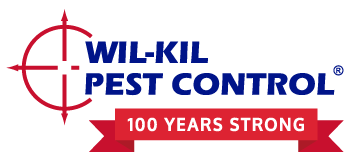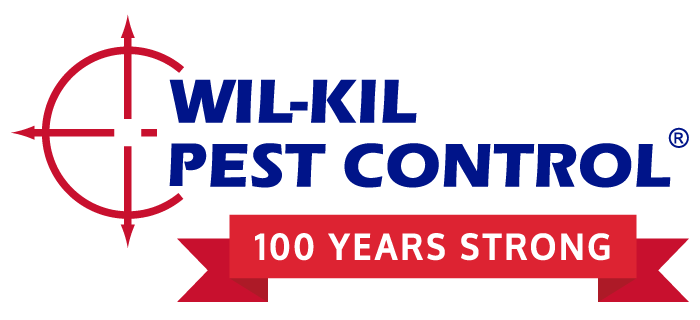You’re trying to enjoy what you have left of the nice weather and the bees won’t stop landing on your drinks and trying to get a taste of your dessert. They weren’t bothering you all summer, so why now?
Get A Free Quote
The reason bees and wasps are worse in the fall, is because there are more of them. Emerging from hibernation in early summer, bees and wasps usually max out their living space as fall is just beginning, and sometimes as early as summer’s end.
You’ve probably also noticed that stinging insects become more aggressive in the fall. Why? Well, it truly depends on the type of stinging insect.
- Bees and wasps are more active in order to prepare their queen, nests and hives for winter, making them a bit more protective of their hive. This defensive behavior is made worse as local food resources are depleted, and they grow hungry.
- As natural food supplies run low (flowers, smaller insects, etc.) bees and wasps will change their diet to food high in sugar and carbohydrates to better sustain themselves for winter. This is when you find them on your soda can, plastic cups, or in garbage cans.
- Hives and nests are increasing in numbers all summer long. At the beginning of fall, they have reached their max capacity, so they send out more foragers to find food to sustain the fall and winter months.
Preventing stinging insects in your home:
Wasps and bees will do just about anything to stay alive during the cold weather. If they are able to find any small opening into your home, they will not think twice about coming in. Here’s what to do:
- Seal off all entry points. Screens are your first line of defense against bees and wasps. Make sure to check them for holes or gaps. Entry points include rotted areas under your siding, spaces under your window sills and your attic.
- Make your home unappealing by removing items that produce sweet scents like: soaps, perfumes, and potpourri.
- Bees like sugar this time of year, so if you’ve left any juice or soda sitting out, stinging insects will be drawn to them. The cleaner your home, the less chance you have of stinging insects trying to get inside. Just another reason to keep the kitchen clean!
- Properly dispose of trash and recycling and keep a lid on your outdoor trash cans – especially if they are located near your home.
- Have a professional pest control technician do an inspection of your home to uncover anything else that could lure in stinging insects.
Where are they getting in?
The easiest way to locate problem areas is to watch to see where bees or wasps are entering and exiting your home, but that means they’ve probably already started a nest. We would encourage you to stay away from any potential nest as the risk is not worth it. The safest and most secure way to rid your home of bees and wasps, is to hire a pest control company.
Contact Wil-Kil today for more information on bee and wasp control.


